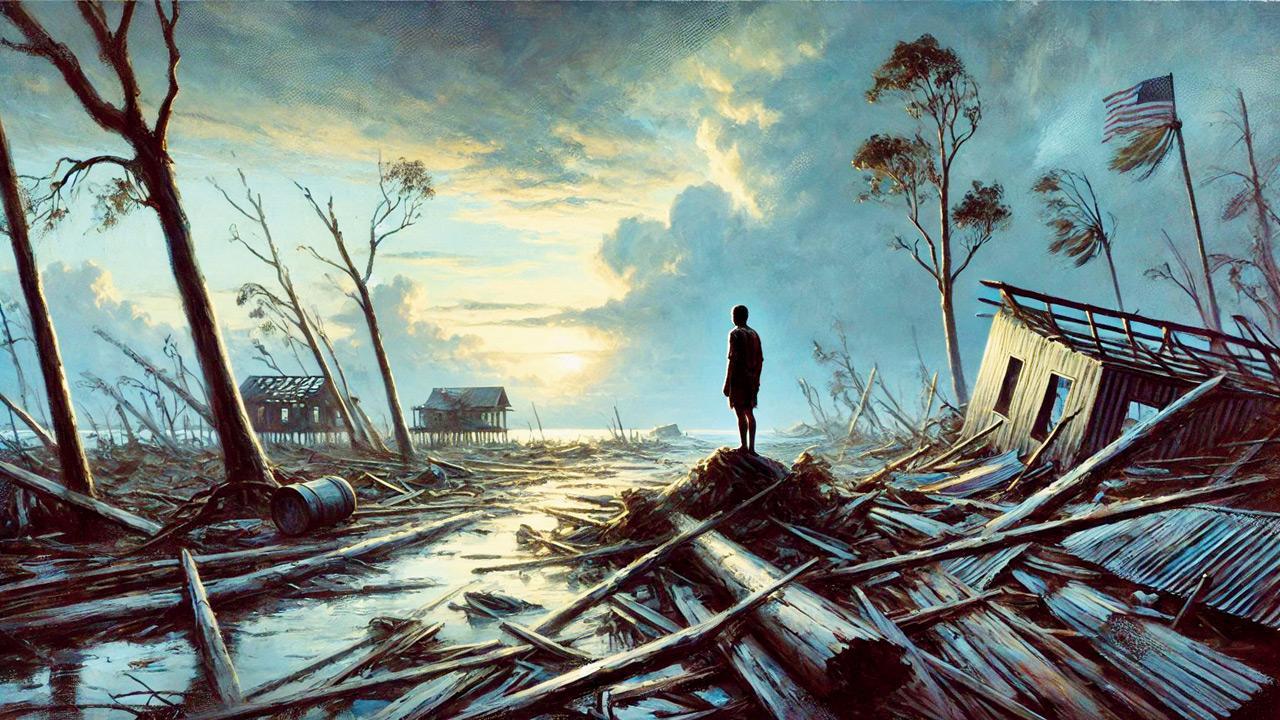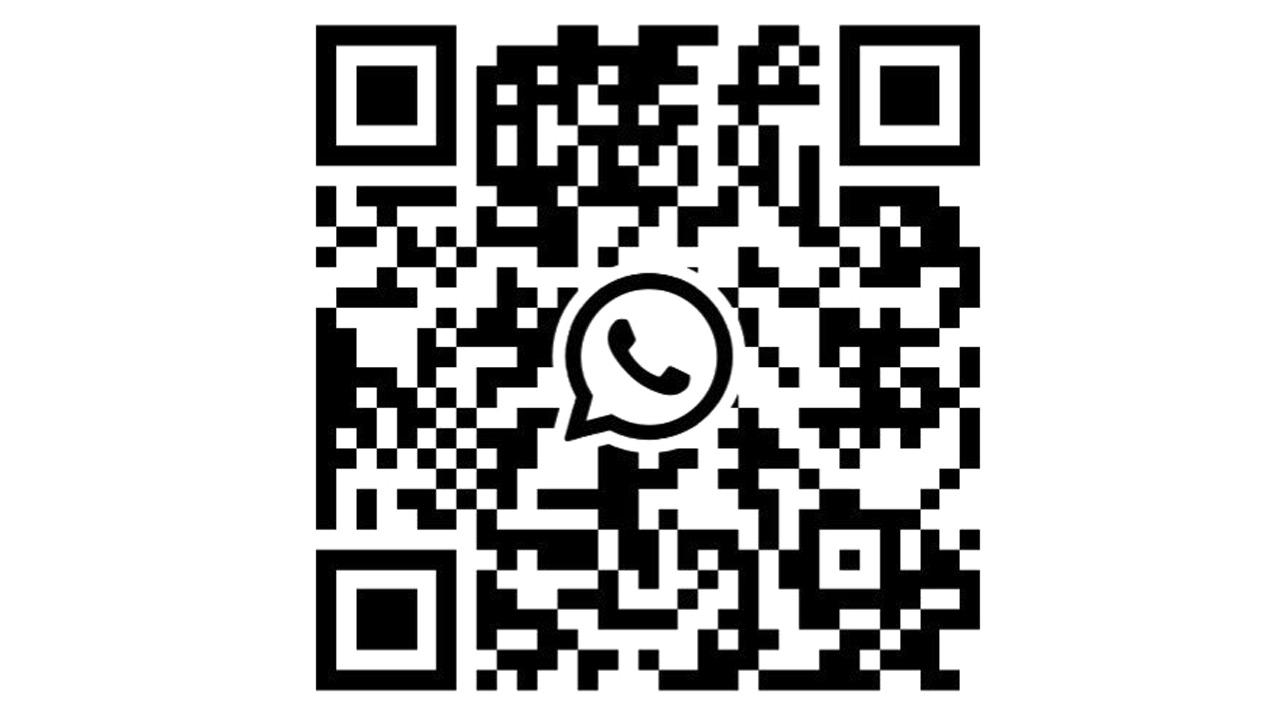I hadn’t realised how difficult kicking the Facebook addiction would be. Or how much borderline aggression it would attract from my Facebook ‘friends’

Don’t be a fool, says Mark. If you delete Facebook, we will surgically remove most of your brain along with its memories. Illustration by C Y Gopinath using AI
 I deleted my Facebook account on Saturday, as promised. I had not realised it would be so difficult, or that it would make so many people so upset. Even borderline aggressive. In the real world, I would be covered with eggs and tomatoes by now.
I deleted my Facebook account on Saturday, as promised. I had not realised it would be so difficult, or that it would make so many people so upset. Even borderline aggressive. In the real world, I would be covered with eggs and tomatoes by now.
The first person in my way was Mark Zuckerberg. FB issues an ominous warning before letting you see the Delete button—my entire life and memories of the last 18 years, birthdays, weddings, book launches, graduations, awards, those thousands of ‘friends’ I’ve never met who still routinely ‘like’ everything I post—all would be irretrievably lost forever once I hit Delete.
Don’t be a fool, says Mark. If you delete Facebook, we will surgically remove most of your brain and its memories.
Then I saw that I could download all of them first. It took a day and weighed 3.43 GB but finally it was done and downloaded.
Just before I clicked Delete, Zuckerberg whispered again, like Mephistopheles, that maybe I was overreacting. Perhaps I just needed a break from Facebook. Why not deactivate the account instead of flushing it down the toilet? That way, my life would be kept on ice till I decided to reclaim it.
It was tempting. Deactivation would look like deletion; no one would know I hadn’t thrown the keys away. I could eat my cake and have it. But there was a catch: if I ever opened Facebook to check anything, even for a moment, the account would instantly be re-activated. You can check out any time you like but you can never leave.

Let’s talk about Bombai. Click the QR code above to join my WhatsApp group to share your Bombai stories for my book—and perhaps answer some of my Bombai questions.
That’s when I decided that this had to be non-negotiable. There will always be an argument for taking that last peg of whisky, that last cigarette, that final line of white powder. Cold turkey exists for a reason.
I clicked Delete. In an instant, I was free again.
But Zuckerberg had the last word. He chortled that he would not delete my account for 30 days. Maybe I’d change my mind and go crawling back contritely to the gates of hell.
Then the rotten eggs started. ‘Friends’ who’d not said a word to me in years since I accepted their friend requests emerged with guns blazing. One trolled me, asking why I was quitting. When I explained my reasons, she called me “self-opinionated” and said it must be nice to live inside a well.
“No one as blind as those who won’t see or as deaf as those who won’t hear,” said another after hotly contesting my decision and warning me that I was making “a big mistake”.
Another said I was blaming the tool instead of the users.
“You don’t delete friends and family!” scolded another ‘friend’ in her first ever words to me. She cursed me with misery in my afterlife when I explained that my friends and family had existed before Facebook and were quite sure to survive it.
Another one bemoaned the fact that I was retreating into “self-exile”, not seeing that I was actually ending my social incarceration by this trivial, anti-social platform. But when Face-book has come to feel like life for so many, leaving it must feel like death, or at least exile.
Others have done it before me. Sarah Newman, who quit in 2016, wrote, “The world wasn’t put in front of me so I could sit there and pass my imperial judgment on each thing. I was put on this earth to live, not to sit around opining on the day’s news. Now I don’t have to pause and take photos of everything to share with my Facebook audience.”
Nakul rejoiced: “I stopped broadcasting my opinions, I stopped feeling alienated by the opinions of others, I stopped comparing myself, I stopped wasting time, and regained privacy I didn’t know I’d missed.”
Matthew De Silva has no idea what his old college buddies are up to, but thinks that’s quite ok. “We’re probably not all that important to one another anymore. People change, and then they move on.”
I had that experience too. It took a failed attempt to convene a get-together of ‘friends’ from our college class of ’72 to realise that we might have been buddies back then but when you reconnect with anyone after half a century there is often nothing much to see there.
The Guardian’s Zoe Williams wrote this year, “The manipulative algorithms, the spread of misinformation, the generation of weird hostilities, the amplification of divisive narratives—they were all right there. Feeds were full of acquaintances who you didn’t know had that much anger in them, raging about potholes, or underwired bras, or one of their kids. There was a lot of preening and boasting, a lot of puffed-up position-taking. All this was before AI, and even then it was rubbish.”
We have all made the mistake of confusing who we are with the strutting, humble-bragging personas that we create for ourselves on Facebook and Instagram. Deleting that can feel like shooting yourself in the head but it takes just 24 hours to realise you’re suddenly alive again, breathing the air of freedom.
Maybe we should remember Lao Tzu’s words here. When I let go of what I am, I become what I might be.
You can reach C Y Gopinath at cygopi@gmail.com
Send your feedback to mailbag@mid-day.com
The views expressed in this column are the individual’s and don’t represent those of the paper.
 Subscribe today by clicking the link and stay updated with the latest news!" Click here!
Subscribe today by clicking the link and stay updated with the latest news!" Click here!








